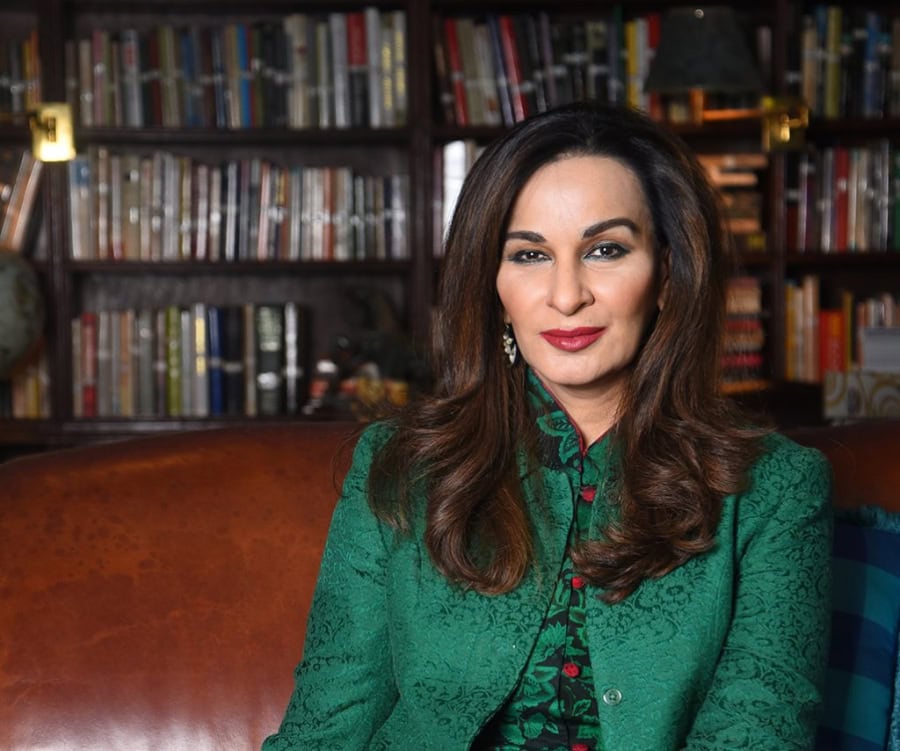Federal Minister for Climate Change & Environmental Coordination, Senator Sherry Rehman on Friday said Climate Finance was uncharted territory for many developing countries due to a significant knowledge and capacity gap on this critical issue. Pakistan faces dual challenges of limited accessibility to climate finance and a lack of technical capacity, impeding its progress in achieving crucial climate adaptation and mitigation goals.
The minister was delivering her key note address at the launch event of the Climate Finance Accelerator (CFA) organized by the UK Government, where she emphasized the significant role that programs like CFA could play in knowledge-creating, building capacity and new pathways within both the public and private sectors, a news release said. She underlined the challenge of prioritizing climate change in both sectors and highlighted the potential of such initiatives to elevate the government’s narrative on climate finance. By creating awareness and aligning public interests with government objectives, these programs can effectively enhance the discourse on climate finance. The minister highlighted Pakistan’s commitment to exploring Carbon Markets as part of its efforts under the Paris Agreement. She mentioned that the country was in the process of developing an interim framework for a voluntary carbon market and we had officially signed on a collaboration with Verra, a global standard-setting body, to share knowledge and educate stakeholders on carbon markets and the certification process for generating carbon credits. She spoke about the Delta Blue Carbon Project by the Sindh Government as a flagship in voluntary carbon markets, which was the world’s largest blue carbon project, with a 60-year lifespan and aim of restoring 350,000 hectares of land in the Districts of Thatta and Sujawal in Sindh. She said that the restoration of the mangrove forests has the potential to increase Pakistan’s mitigation capacity by reduction in emissions worth 27 million tons of CO2e over the life cycle of the project. Most of the resources from that carbon trade will go into regenerating mangroves, and enhancing water conservation projects, as well as for building climate-smart agriculture opportunities for small farmers. —APP









